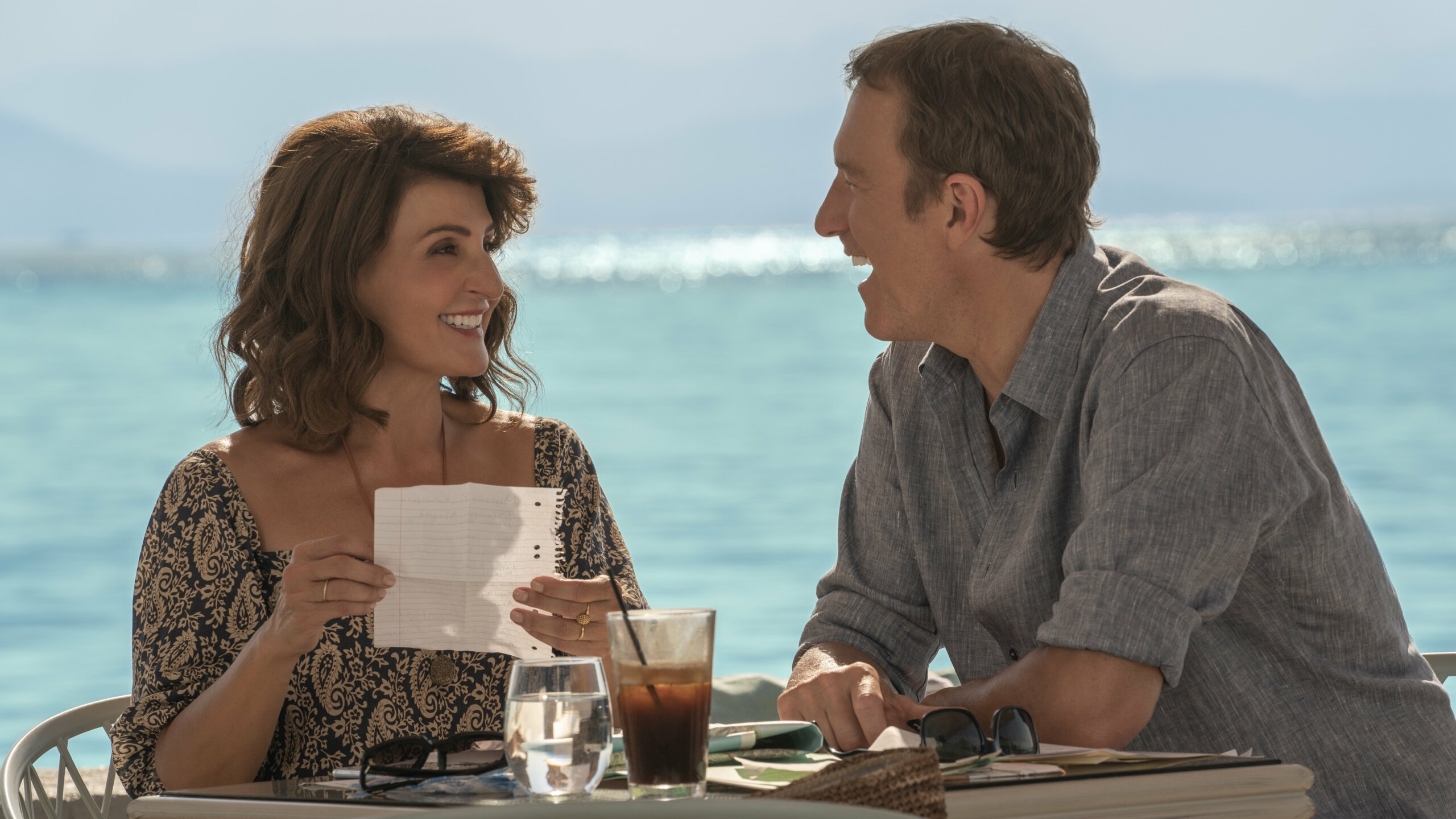
Movie review: ‘My Big Fat Greek Wedding 3’
More than 20 years ago, Greek Canadian actress and author Nia Vardalos penned the script for a screen adaptation of a one-woman play she had written and performed exploring the mores and foibles of the immigrant community in which she had been raised. The result was a sleeper box-office hit that was well received by critics.
Though the original movie spawned a franchise, its humorous flair was noticeably lacking in its 2016 sequel. Nor does the inspiration return in the lighthearted but lackluster romantic comedy “My Big Fat Greek Wedding 3” (Focus).
With Vardalos now directing and once again crafting the screenplay, members of the ensemble cast – both old and new – follow her character, Toula, to the Hellenic island where her deceased father, Gus, grew up. There she hopes to honor Gus’ memory by participating in a reunion of his hometown’s former residents.
The event is being staged by the now-nearly deserted community’s youthful mayor, Victory (Melina Kotselou), in the hope of reviving her village’s flagging fortunes. Whether anyone will actually show up for the get-together, though, remains very much in doubt.
Toula’s loyal non-Greek husband, Ian (John Corbett), offers her steady support on the journey. But she’s distracted by the sense that her college student daughter, Paris (Elena Kampouris), harbors a troublesome secret.
To the dismay of her interfering aunts, Paris is openly resisting romance with Aristotle (Elias Kacavas), the ethnically correct beau with whom they have tried to connect her. Courting cupid, by contrast, is Syrian-born local Qamar (Stephanie Nur), though her choice of a soulmate may run afoul of the same prejudices Toula and Ian once had to overcome.
There’s mild amusement on offer in this slight piece of entertainment as it showcases the antics of Toula’s eccentric family. These are typified by her brother Nick’s (Louis Mandylor) distasteful fondness for grooming himself at the breakfast table, an inclination likely to divert some viewers but leave others shrugging their shoulders.
More serious assets include the passing promotion of generosity toward present-day migrants and the positive – if incidental – portrayal of an Orthodox monk. These are somewhat offset, however, by fleeting references to Victory’s indeterminate gender identity as well as other elements that make this third chapter of Vardalos’ saga a doubtful choice for teens.
The film contains a benign attitude toward sexual confusion, partial nudity in a nonsexual context, some anatomical humor and a couple of profanities. The OSV News classification is A-III — adults. The Motion Picture Association rating is PG-13 – parents strongly cautioned. Some material may be inappropriate for children under 13.
John Mulderig, OSV News

